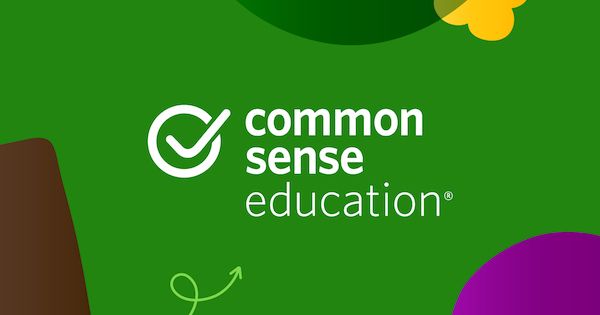Introduction
This article discusses how educators can leverage students' summer experiences to create engaging, interest-driven projects as they return to school. It emphasizes the importance of recognizing informal learning that occurs during the summer and how it can be integrated into the curriculum. Key features include:
- Mind Mapping: A tool for students to reflect on their summer activities and identify trends in their interests.
- Reflection and Planning: Encouraging students to develop questions and projects based on their summer experiences, fostering a connection between personal interests and academic learning.
- Project-Based Learning: Utilizing various tools to document and assess student projects, ensuring that learning is relevant and engaging.
This approach not only helps in combating the summer slide but also promotes a deeper understanding of the curriculum by connecting it to students' lives.

